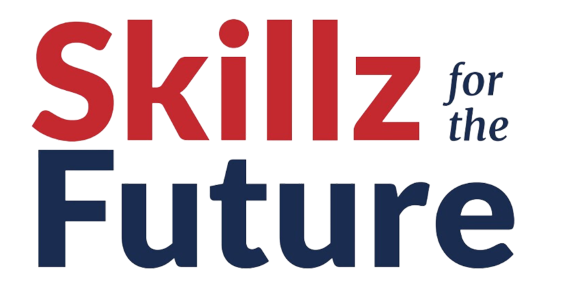Learning is an intrinsic facet of human existence, shaping our actions, perceptions, and relationships from the moment we enter the world. While conventional perspectives often confine learning to educational settings, it is crucial to acknowledge that learning is an ongoing process, spanning from birth to the twilight of life. This transformative journey involves leveraging experiences to navigate novel situations and cultivate relationships.
Traditionally, learning research centred on early childhood and adolescence. However, contemporary understanding recognises learning as a perpetual journey, commencing at birth and persisting until our last breath. This paradigm shift emphasises the utilisation of experiences to adapt to evolving circumstances and nurture connections.
Experiential Learning: Beyond the Classroom
Learning isn’t confined to structured environments; it thrives in the spontaneity of life. Chance encounters, conversations, and unexpected experiences serve as conduits for continuous learning. Experiential learning, unlike formal approaches such as training or coaching, unfolds organically, offering individuals the autonomy to choose what to learn.
In contrast to teaching or training, where knowledge is imparted from one person to another, learning is a personal endeavour that individuals undertake for themselves.
Learning Involves the Whole Being
Learning transcends mere intellectual engagement; it encompasses the entire spectrum of human existence—senses, feelings, intuition, beliefs, values, and will. Without the will to learn, the transformative
power of learning remains untapped. Genuine learning induces change, altering how we perceive and interact with the world. Learning that fails to instigate change risks fading into fleeting thoughts rather than impactful insights.
Key Principles of Learning
Understanding the underlying principles of learning is crucial for effective facilitation. Several key principles apply universally to all types of learning, whether in group settings, individual pursuits, or mentorship scenarios:
Respectful Treatment: People learn best when treated with respect, fostering an environment of mutual regard and open communication. Facilitators must exemplify respectful behaviour to encourage full participation.
Linking to Positive Experiences: Associating learning opportunities with positive past experiences enhances receptivity. Awareness of learners’ past experiences and empathetic facilitation are pivotal in this regard.
Learner Involvement in Planning: Encouraging learners to participate in planning activities fosters self-direction, bolstering commitment and motivation. Facilitators should gauge learners’ expectations at the onset, promoting self-directed learning.
Comfortable Physical Environment: A conducive physical environment enhances learning. Emotional support and positive group dynamics are equally vital in group settings, promoting optimal learning conditions.
Interaction with Facilitators: Meaningful interaction with facilitators, including questioning and expression of opinions, is indispensable. Encouraging participation from quieter individuals ensures a diverse range of perspectives.
Varied Learning Activities: Diverse learning activities and delivery methods accommodate different learning styles, sustaining interest, and motivation. Incorporating discussions and problem solving activities enriches the learning experience.
Instant Rewards: Clear communication of learning outcomes and immediate rewards reinforces the learning process. Demonstrating tangible results during or after learning experiences enhances comprehension and motivation.
Self-Evaluation and Reflective Practice: Encouraging learners to reflect on their learning promotes self-awareness and continuous improvement. Reflective practice enhances the depth and sustainability of acquired knowledge.
The PACT Learning Cycle
The PACT Learning Cycle encapsulates the iterative nature of learning—Procure, Apply, Consider, Transform. This cycle illustrates that learning is a dynamic process, evolving with each iteration. As individuals progress from acquiring new knowledge to applying and transforming it, the learning cycle perpetuates, symbolising the ongoing evolution of knowledge and skills.
Individual learning capacities vary, influenced by factors like ability, motivation, personality, and learning style. Awareness of one’s learning processes empowers individuals to hone their ability to learn—essentially, ‘learning how to learn.’ This awareness is pivotal in educational settings, where study skills equip students with tools to seek, interpret, and utilise information effectively.
Learning is an internal odyssey, an indispensable skill for personal development. While academic assessments measure the outcomes of learning, the essence of learning lies in the subtle yet profound changes it instigates in our actions, thoughts, and feelings. These changes, whether enduring or transient, bear testament to the significance and relevance we attribute to the knowledge gained.
In essence, learning is an enduring voyage—a dynamic tapestry weaving the threads of experience, curiosity, and reflection into the fabric of personal growth.
